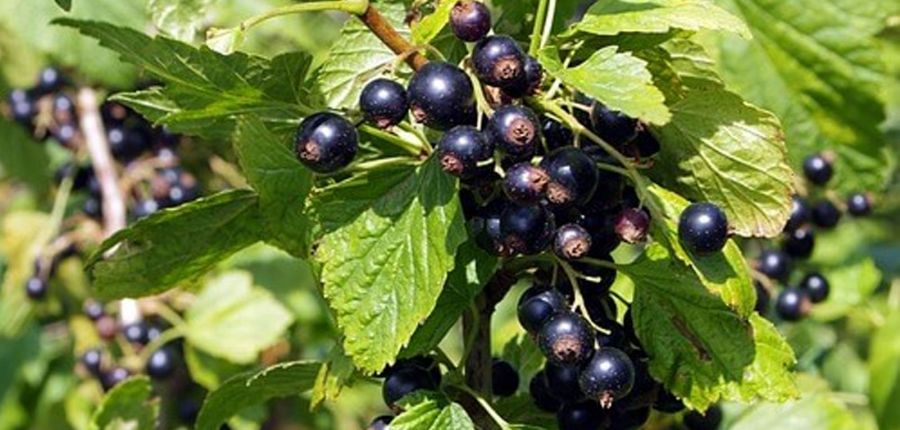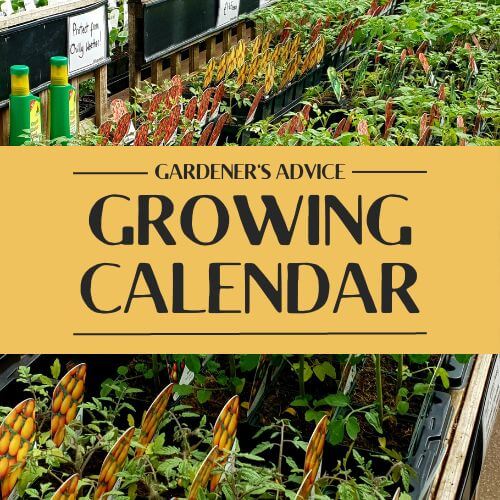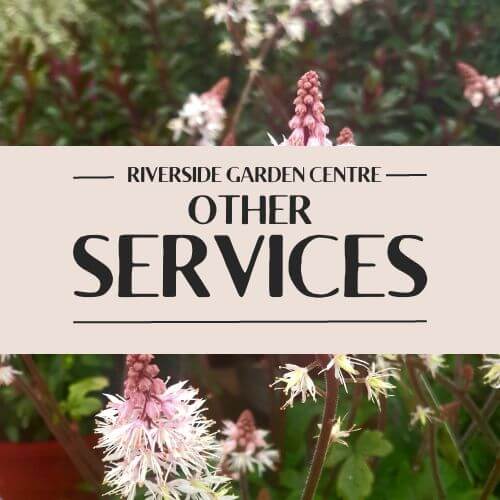Blackcurrants: I’m a big fan
Posted By: rocket veg Category: Seasonal AdviceIf you grow soft fruit, now is the time of year when you will be spoiled for choice when it comes to harvesting the crop of ripe and juicy berries. I love all varieties of soft fruit and grow far too much to eat fresh from the bushes, so resort to making jam and storing bags of berries in the freezer for pies and crumbles during the dark days of winter. Now is a busy picking time for me and blackcurrants are up there as one of my special favourites, their wonderful deep purple-blue skin colour and evocative smell which is released when you brush against the leaves and squash the occasional berry during picking. If you take your time, it is possible to remove the berries and leave the tiny green stalks behind which really helps when you get home with a bucket of berries and want to crack on with jam making – as I did yesterday.
The ‘Ribena’ story…
Here’s a little piece of local history involving blackcurrants. 'Ribena', the well-known fruit drink, was originally manufactured by the Bristol firm of HW Carter at its premises in North Street, following research into the production of pure fruit syrups in the early 1930s by scientist who was based at Bristol University Agricultural Research Station at Long Ashton. As you know, blackcurrants are rich in vitamin C, so ‘Ribena’ (Ribes nigrum = the Latin name for blackcurrant) which was launched in 1938, went on to play an important role as a much needed vitamin supplement during the War when fruits such as oranges and lemons were in short supply. So great was demand for this wonderful drink that production of ‘Ribena’ switched to larger premises at Coleford in the Forest of Dean shortly after the War.
How to grow blackcurrants
Growing blackcurrants is pretty simple. They need a sunny position and do best in rich, free draining soil, so dig in plenty of well-rotted manure or humus-laden compost before planting, having first removed all trace of pernicious weeds – bindweed in particular. Blackcurrant plants are easy to propagate from cuttings of healthy shoots, taken from the ends of branches during pruning and simply inserted into a pot of free-draining compost until they root, so you may be lucky and acquire a plant or two from a friend or someone on your allotment site. When planting, ensure that the rootball of the plant is set low in the soil to encourage strong shoots to develop.
Pruning blackcurrants
Pruning is a straightforward matter, best done during the winter months when the plant is dormant. Fruit buds develop on young, healthy stems, so once the bush is well established, the aim of pruning is to encourage strong, new stems to develop by removing roughly a third of the oldest stems each year, cutting low down just above soil level and leaving 6 to 10 strong and healthy young stems. When it comes to recognising which stems to cut out, look for those which are darker in appearance as these will be the oldest.
Pests!
As with most soft fruit, the minute your blackcurrants begin to ripen, every bird in the vicinity will head for the bushes and make off with the berries, so cover with netting or all your hard work will be in vain. Make sure that the netting is raised above the bushes as birds are amazingly adept at perching on top of the branches to steal ripe berries through the net. Birds are also fond of the flower buds so consider year-round protection in the form of a fruit cage, a good investment if you have a number of soft fruit bushes in one spot.
Choosing blackcurrant plants
There are many varieties of blackcurrant to choose from, but my recommendation is to go for one which produces large berries as they are less fiddly to pick. Try Big Ben or Ben Sarek, the latter a more compact variety which is good choice if you have limited space.
If you don’t have a blackcurrant bush on your allotment or in your garden, why not make plans to plant one this autumn and you should get your first crop next year.







